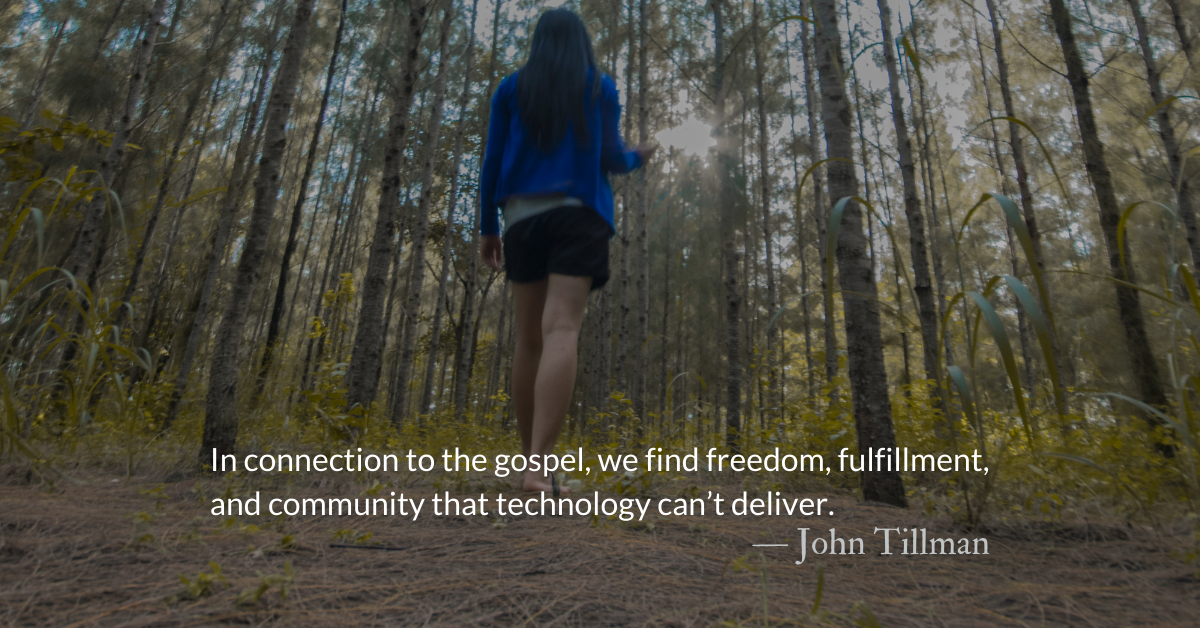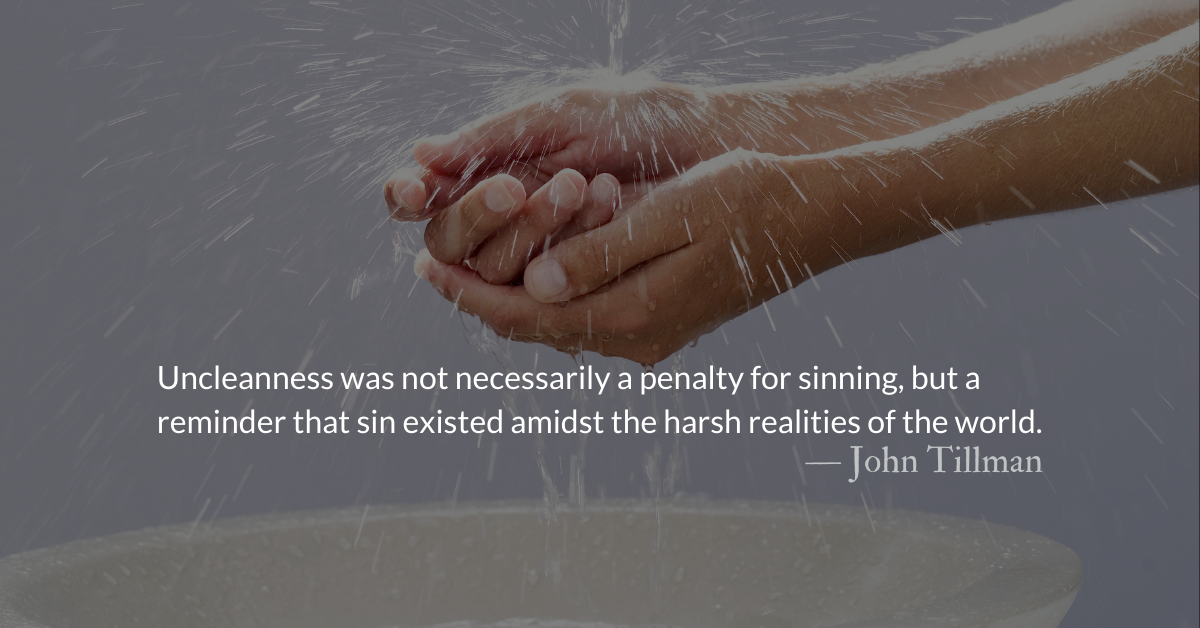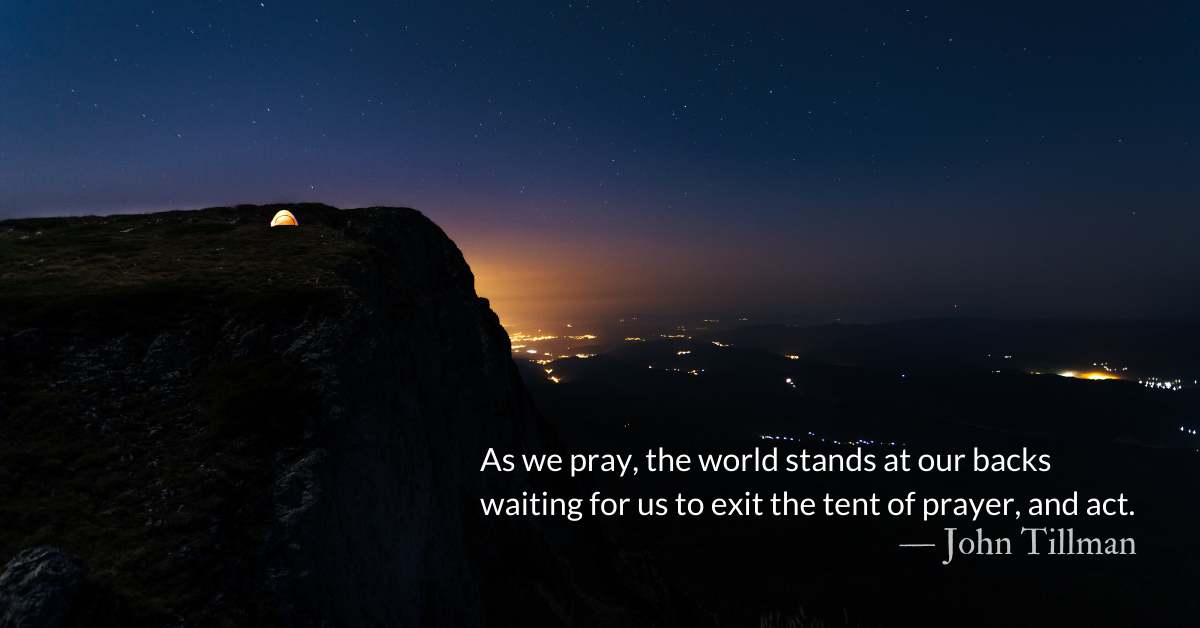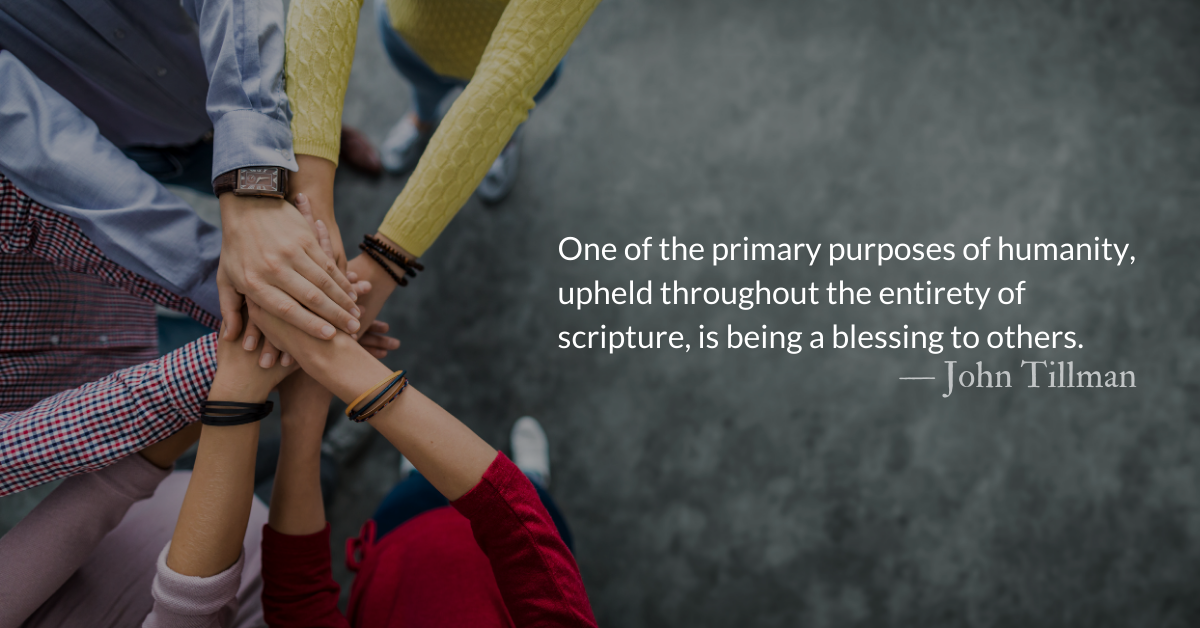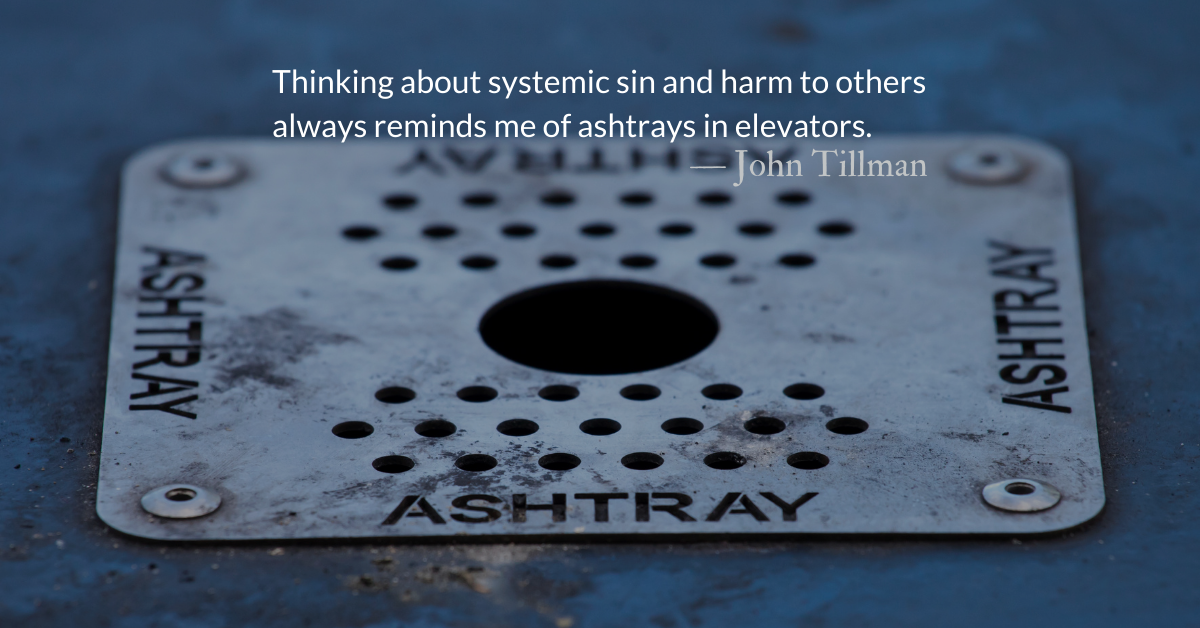Scripture Focus: Psalm 46.1-7
1 God is our refuge and strength,
an ever-present help in trouble.
2 Therefore we will not fear, though the earth give way
and the mountains fall into the heart of the sea,
3 though its waters roar and foam
and the mountains quake with their surging.
4 There is a river whose streams make glad the city of God,
the holy place where the Most High dwells.
5 God is within her, she will not fall;
God will help her at break of day.
6 Nations are in uproar, kingdoms fall;
he lifts his voice, the earth melts.
7 The Lord Almighty is with us;
the God of Jacob is our fortress.
Reflection: Ever Present Help and Gladdening Streams
By John Tillman
The “ever-present” help that most people are used to, are the digital assistants embedded in devices attached to our hands and wrists. The streams in which we search for gladness are bottomless diversions of entertainment options.
These platforms, designed for profit, hinge on addiction and ubiquity. The most powerful corporations ever to exist on the planet are working to make their products increasingly addictive and ingrained in our day to day life.
Technology is a jealous god.
In an article for the New Yorker, Jia Tolentino wrote about the difficulties of putting down one’s phone, when it is filled with technologies that, from the start, were designed to keep us from doing so:
Facebook was described by Sean Parker as a “social-validation feedback loop…exploiting a vulnerability in human psychology.” Tristan Harris, a “design ethicist” at Google, has said that smartphones are engineered to be addictive.
Technology promises freedom of movement and ease of remote work, but more often than not, workers clock in, but they can’t clock out. The workday becomes borderless, invasive, and all-encompassing.
Technology promises emotional fulfillment and freedom of expression, but often we find ourselves chained to the emotional highs and lows of reactions, comments, and likes on social media. Technology can numb the connections and community that we truly need.
Platforms designed to help us connect have had disastrous, unexpected consequences. Loneliness looms in our lives despite more “connectedness” than ever.
We aren’t the first to worry about this. In an interview with Kris Boyd on Think, author, Jenny Odell, discussed how 400 years before the time of Christ, Epicurus started a garden school outside the city because he thought life in the Greek empire was becoming too hectic and people were disconnected from what was important.
The solution of cultivation, retreat, and pursuit of community is one we can apply toward our spiritual pursuits. Walking in a park is the key metaphor we use to refer to exploring God’s word, and cultivation is how we picture the growth of the seed of the gospel in our lives.
Technology is capable of aiding us in these things. May we use technology to tie God’s Word on our hands and integrate it into our lives. The Park Forum is dedicated to encouraging this kind of usage. For in connection to the gospel, we find freedom, fulfillment, and community that technology can’t deliver.
Divine Hours Prayer: The Refrain for the Morning Lessons
God looks down from heaven upon us all, to see if there is any who is wise, if there is one who seeks after God. — Psalm 53.2
– Divine Hours prayers from The Divine Hours: Prayers for Springtime by Phyllis Tickle
Today’s Readings
Numbers 10 (Listen – 4:11)
Psalms 46-47 (Listen – 2:15)
Read more about Where Our Hearts Are
If our hearts are where our treasure is, our hearts may well be in our devices.
Read more about Mustard Seed Prayers
A prayer of a few words, thrown into an inconvenient crack in your life, can grow like a mustard seed…

